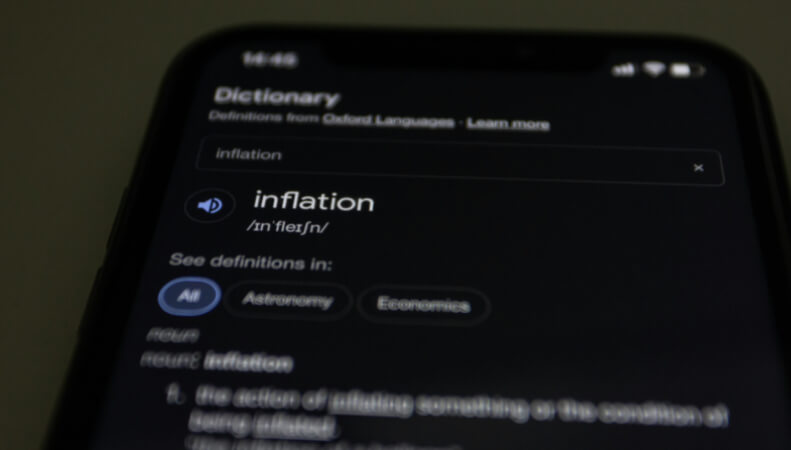By using our website, you agree to the use of cookies as described in our Cookie Policy
Blog
The End of the Beginning of an Infrastructure Bill
On Thursday, the White House reached a preliminary agreement with a bipartisan group of senators on infrastructure investments. The bill is part of a complicated two track legislative process that Democrats are pursuing. First, spurred by centrists such as Joe Manchin, Democrats are seeking to pass a bipartisan bill with Republicans on areas in which the two sides agree. Such a bill would require 60 votes to overcome a filibuster. Second, Democrats are hoping to pass a reconciliation bill that contains other progressive priorities that no Republicans is likely to vote for. Reconciliation requires only 50 votes, and with Democrats holding 50 Senate seats, there is clearly no margin for error.
What’s in the infrastructure bill? The framework allocates $579 billion in new spending, including $312 billion in transportation, and $266 billion in non-transportation infrastructure. The transportation component provides $109 billion for roads and bridges, $66 billion for passenger and freight rail, $49 billion for public transit, and $15 billion for electric vehicle infrastructure. Non-transportation infrastructure includes $73 billion for power, $65 billion for broadband, and $55 billion for water. Details of the legislation need to be fleshed out on both the spending and revenue sides; a tentative framework is a long way from a final bill.
Or bills. Progressive Democrats do not want to vote for a bipartisan bill without assurances that the reconciliation bill will pass as well. Republicans are in part interested in a bipartisan bill in the hopes that it will kill off the prospects of a reconciliation bill with greater spending. Centrist Democrats want to have their cake and eat it too—a bipartisan bill, and a reconciliation bill that likely has less spending than progressives desire. We have not even discussed the House of Representatives, in which Democrats have such a narrow majority that a handful of conservative or progressive Democrats can block any bill.
It's difficult to project whether an infrastructure bill will pass. It’s safe to say that Republicans will drag their feet and use up much of the legislative calendar with negotiations. Minority Leader Mitch McConnell has been ruthless in denying Democrats legislative victories, and it’s hard to believe 10 Republicans will sign onto a high profile infrastructure bill without receiving something in return.
The more critical negotiations lie within the various factions of the Democratic party. A bipartisan bill is not a prerequisite for anything—should the bill fail, any spending in the bipartisan bill could simply be rolled into the reconciliation bill. The current Democratic plan is to develop both the bipartisan and reconciliation bills concurrently, so that they will both pass together. If Democrats unite fully, then Republican leverage will be limited, and a handful of Republicans may be inclined to sign on to a bipartisan bill in exchange for some degree of influence on spending and revenue raising. If Democrats can’t coalesce around a plan, Mitch McConnell will hand them an anvil instead of a lifeline. We don’t know whether an infrastructure bill will pass, but we do expect many twists and turns in the coming months as Democrats try to navigate its passage.
###
JMS Capital Group Wealth Services LLC
417 Thorn Street, Suite 300 | Sewickley, PA | 15143 | 412‐415‐1177 | jmscapitalgroup.com
An SEC‐registered investment advisor.
This material is not intended as an offer or solicitation for the purchase or sale of any financial instrument or investment strategy. This material has been prepared for informational purposes only, and is not intended to be or interpreted as a recommendation. Any forecasts contained herein are for illustrative purposes only and are not to be relied upon as advice.
‹ Back










